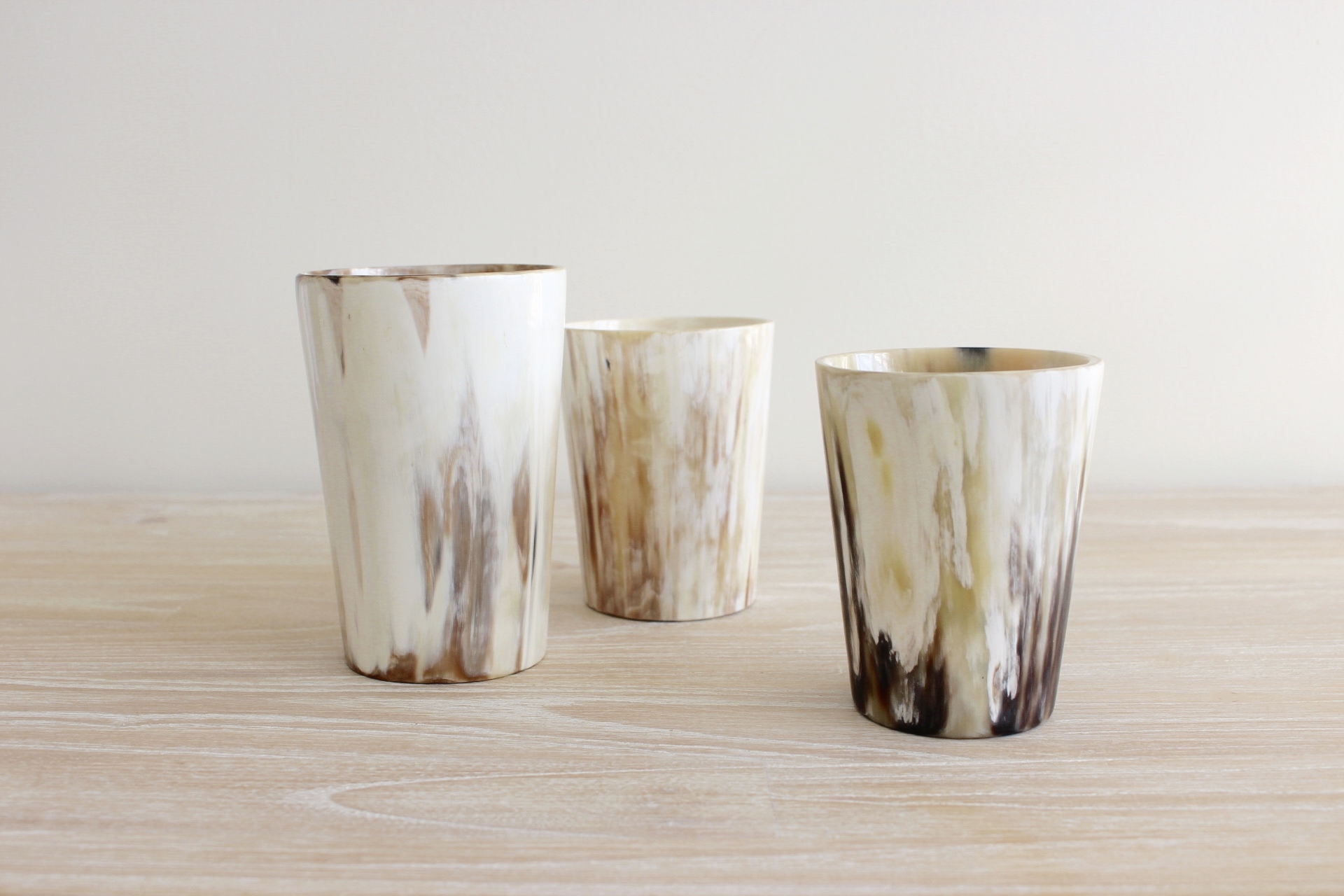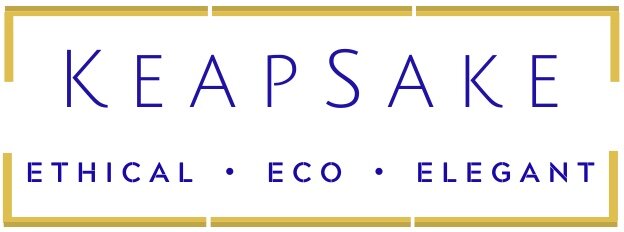Ankole Tumblers - Set of Two











Ankole Tumblers - Set of Two
These sustainably and ethically sourced Ankole cow horn tumblers aren't just a means to thirst quenching, but are truly a work of art.
Shades of black and white meld together with warmer shades of brown to create an singularly individual drinking vessel whose smooth yet tactile surface is a pleasure to touch.
A unique accompaniment to your favourite tipple, drinks with friends, or to peacefully sip water the morning after! Great as cute mini vases too.
Made from the horn of Ankole cows which are bred for consumption in Uganda. Although the horns are considered a waste product, horn can be a high end, natural material.
These natural horn tumblers were hand carved on a lathe, and then shaped and moulded at high temperatures to fit perfectly in your hand. They were meticulously sanded, polished, and then sealed inside with a food-safe lacquer for a smooth and shiny finish.
Each tumbler is individually hand-crafted by an artisan in a fair trade environment and would make the perfect gift for those seeking the unusual and unique. Imperfections should be expected and simply add to the charm of your handmade good.
DETAIL
Handmade in Uganda
Material: Ankole cow horn
Size: 7-8cm diameter x 8-9cm height (approx)
Care: Hand wash in lukewarm water with the use of soap and dry with a soft cloth immediately. They should never be placed in a dishwasher, or left to soak in a sink or tub, nor should they be allowed to rest for prolonged periods in fluids. Not recommended for use with hot drinks or exposure to prolonged sunlight.
Social Impact
The manufacture of our horn products benefits both people and planet; through the reduction of waste and pollution, with income generation for local Ugandan people through the resulting horn crafting industry.
Recognising the horns natural beauty, and its valuable properties of being both durable and malleable when heated, will hopefully ensure the survival of these magnificent creatures which are currently being cross-bred into extinction.
More background on this can be found in our Journal page within the article 'A Very Modern Problem'

